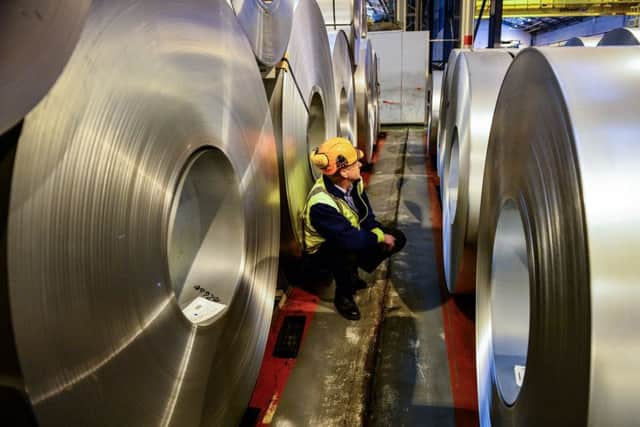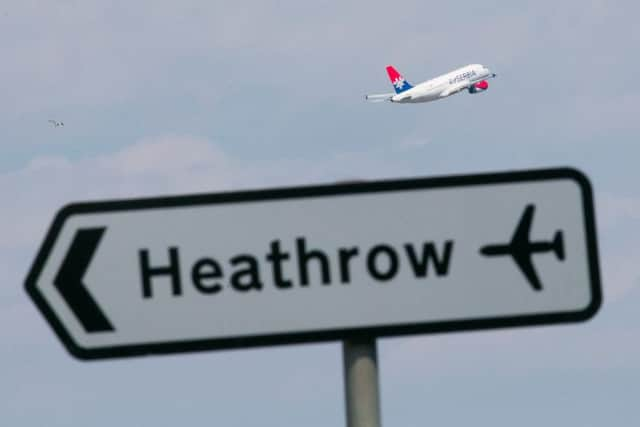Beckie Hart: A clear industrial strategy is needed for Yorkshire


Industrial Strategy is one of those buzz phrases of modern politics. To some it may represent something ethereal, to others, a concrete plan as to how to build a sustainable future for all sectors of the British economy.
The economic rationale for Industrial Strategy is sound – four in every £10 spent in the UK is spent by the Government. So it’s all the more crucial that business and the Government work together on a shared vision for our future economy at this crucial stage in the UK’s history.
Advertisement
Hide AdAdvertisement
Hide AdAnd that shared vision should at least partly be about unlocking regional growth. The UK has one of the most uneven regional income distributions anywhere in the western world. Industrial Strategy must be the antidote for this - raising productivity and spreading prosperity across the whole UK.


Having excellent quality infrastructure lies at the heart of productivity growth, and so our chance to really boost living standards. The good news is that the Government understands that infrastructure matters. And we’ve seen positive progress, with commitments on major projects like Heathrow, Hinkley and HS2. But commitments are one thing. Seeing spades in the ground is another. Infrastructure delivery also means much more than decisions on high profile projects. It means the government keeping its foot on the accelerator across the whole of our infrastructure pipeline. Now is the time to step up a gear – we need action, not words, and delivery, not delay.
The CBI’s infrastructure survey, conducted with AECOM, last year showed that almost half of firms were dissatisfied with the infrastructure in their region, and two thirds thought the UK is unlikely to be more internationally competitive in 2050 than now.
This demonstrates that we need to step up the pace in five key areas:
Advertisement
Hide AdAdvertisement
Hide AdFirstly, we need to stay focused on delivering a third runway at Heathrow. Now that the Government have made the right call on committing to building a new runway at Heathrow, we need to make sure progress stays on track. That means diggers in the ground by 2020 and seeing the runway up, running and operational by 2030. But it is equally important that we see a national strategy to ensure all our airports can thrive.


Second, we must deliver the road and rail improvements that will better connect the UK. One of the surest ways to boost productivity and achieve real regional growth is to invest in the networks that link our towns and cities. We are due to break ground on HS2 shortly, which is good news, with legislation also in the pipeline to build a connection to Crewe. But firms are already itching for more progress on projects like Northern Powerhouse Rail.
Third, the Government must set out a ‘future fit’ energy policy framework. The case for investment in the low-carbon economy has already been won, now the challenge is to get on with the job.
Fourth, we need to see a long-term strategy for digital communications. Digital infrastructure is simply going to be absolutely fundamental in connecting businesses and households to the economy of the future.
Advertisement
Hide AdAdvertisement
Hide AdFinally, we must deliver a diverse housing market which works for people and firms. The incident at Grenfell tower has tragically, and entirely rightly, prompted a national debate about the challenges facing Britain’s housing. There is no question that we need to build far more affordable and good quality homes each year, and see the construction of 250,000 new homes a year as a priority. So, with these areas high on the priority list, it’s time to get to work. If we don’t get spades in the ground on existing plans, it’s clear we could put a major dent in the competitiveness of British business – and the UK itself.